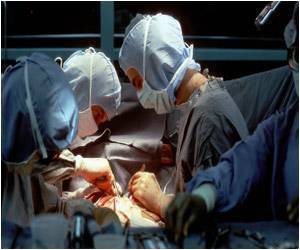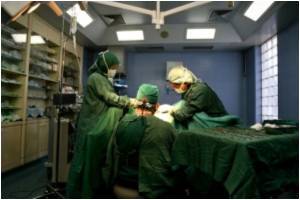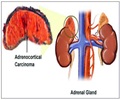Sleeve gastrectomy, a bariatric weight-loss procedure, can improve testosterone levels in obese men, leading to other health benefits than just controlling fat.

The aim of the study was to investigate the effect of surgical weight loss on serum testosterone, DHEA (a precursor to testosterone) and prostate-specific antigen (PSA). For the study, the researchers followed 24 obese male patients undergoing gastric sleeve surgery. They observed that the study group experienced a significant increase in average serum testosterone after undergoing sleeve gastrectomy.
Before the procedure, 63% of participants had low testosterone and afterwards, only 41% did. Dr. Morton said, "More men should seek surgical care for obesity as they carry more risk from their weight. Low testosterone causes further weight gain, increases cardiac risk, and decreases quality of life. Sleeve gastrectomy can improve all of those comorbidities."
Dr. Morton concluded, "The take home message is that if you are an obese man with low testosterone, your therapy should be weight loss and not testosterone replacement."
The findings were presented at the 2015 Clinical Congress of the American College of Surgeons in Chicago.
Source-IANS















